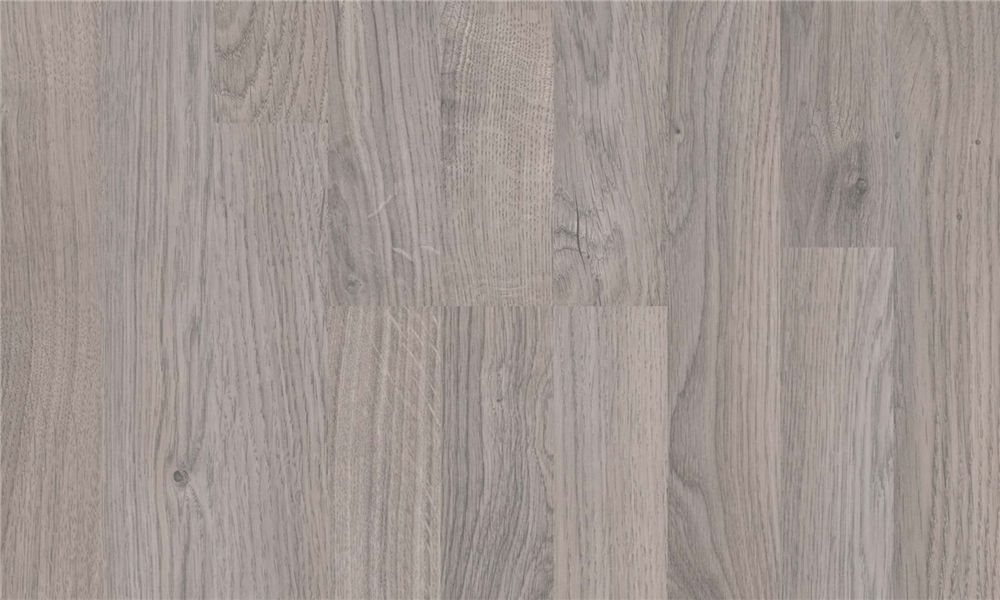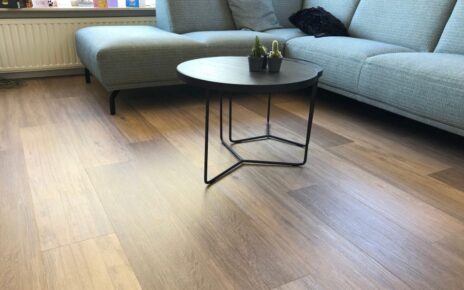- Determine the Purpose of the Industrial Epoxy Floor: Before selecting the ideal industrial for your space, consider what the purpose of the flooring is. Will it be used for heavy-duty industrial operations, such as manufacturing, assembly, or storage? Or will it be used for a more decorative purpose, such as a showroom or retail space? Understanding the purpose of epoxy flooring will help you determine which type of flooring is best suited for your space.
- Consider the Environment: Different industrial epoxy flooring types are better suited for different environments. For example, if the flooring will be exposed to chemicals, oil, or other industrial materials, then a chemical-resistant epoxy coating may be necessary. Additionally, if the flooring will be exposed to high temperatures, then materials that can withstand extreme temperatures may be needed.
- Analyze the Traffic: Before selecting the best industrial epoxy flooring, consider the amount of traffic the flooring will be exposed to. For example, if the flooring will be used in a manufacturing facility, then it should be able to withstand heavy machinery, foot traffic, and forklifts. Alternatively, if the flooring is being used in a retail space, then it should be able to withstand light foot traffic.
Different Design Applications of Industrial Epoxy Flooring
- Industrial Kitchens: Industrial epoxy flooring is an ideal option for commercial kitchens, as it is highly resistant to grease, oil, and other liquids, making it easy to clean and maintain.
- Manufacturing Plants: Industrial epoxy flooring is often used in manufacturing plants, as it is tough and can withstand heavy foot traffic and frequent spills that are common in these environments.
- Warehouses and Storage Facilities: Industrial epoxy flooring can be used in warehouses and storage facilities to provide a durable surface that stands up to heavy equipment and foot traffic.
- Retail Stores: Industrial epoxy flooring is a popular choice for retail stores, as it provides a durable, attractive surface that is easy to maintain and clean.
- Automotive Repair Shops: Industrial epoxy flooring can be used in automotive repair shops, as it is resistant to oil, grease, and other chemicals, making it easy to clean and maintain.
Preparing Your Surface for Installation of Industrial Epoxy Flooring
- Clean the surface: Remove any debris and dirt from the surface using a broom, dustpan, or vacuum cleaner. Make sure to get into all the nooks and crannies, as any dirt left behind can affect the adhesion of the epoxy flooring.
- Repair any cracks or holes: If there are any cracks or holes in the surface, repair them with a concrete patching compound.
- Etch the surface: Use a concrete etching solution to further clean and prepare the surface. This will help to ensure the epoxy adheres properly.
- Rinse the surface: Once the etching solution has been applied, rinse the surface with clean water and allow it to dry completely.
- Apply a bonding agent: Apply a bonding agent to the surface to ensure the epoxy adheres properly.
- Prime the surface: Apply a primer to the surface to further prepare it for installation of the epoxy flooring.
- Prepare the epoxy: Follow the package instructions to prepare the epoxy for installation.
- Install the epoxy: Apply the epoxy to the surface using a roller or trowel. Make sure to spread it





